Health And Medicine
-
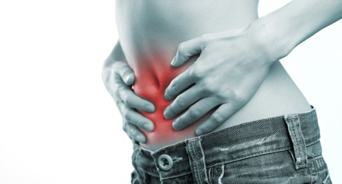
Target for inflammatory bowel disease
The factor STAT6 appears to play a role in the pathogenesis of an inflammatory bowel disease, suggesting it may be a promising target for new treatments. Read MoreMar 1, 2013
-
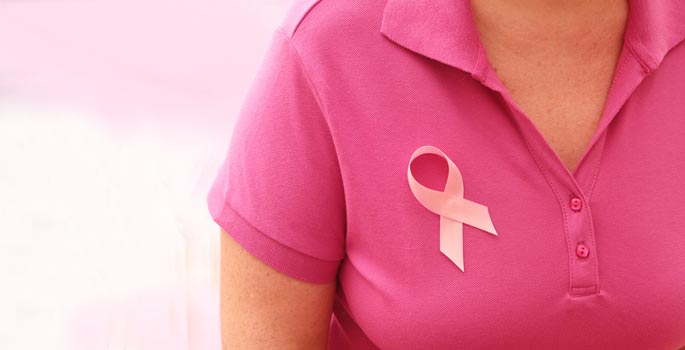
Potent genetic risk factor for breast cancer identified
Researchers at Vanderbilt University have found a powerful new genetic risk factor for breast cancer. Read MoreFeb 28, 2013
-
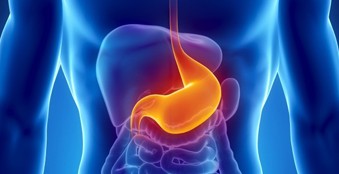
Study offers insights into gastric cancer prevention
Gastric cancer is the second leading cause of cancer death worldwide, with a particular burden in Latin America and eastern Asia. Read MoreFeb 28, 2013
-
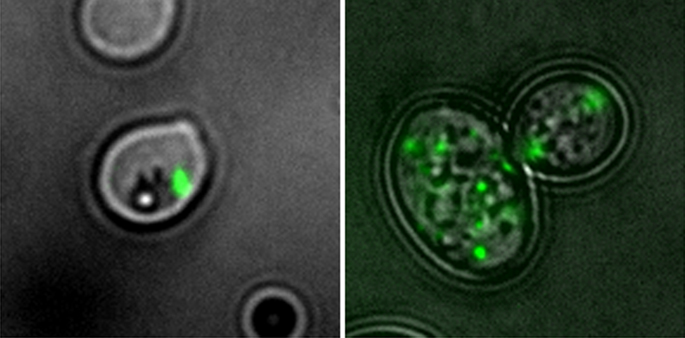
Starting up protein synthesis, in yeast
Researchers have found an unusual interaction between a factor that “turns on” protein synthesis and one that produces fatty acids. Read MoreFeb 28, 2013
-
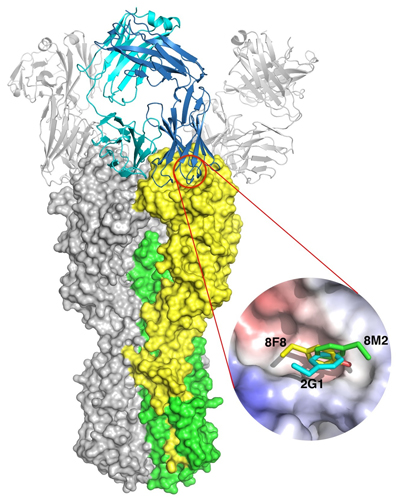
Structural snapshot hints at new influenza approach
A careful look at how the body’s natural defenses disarm virulent strains of influenza hints at the possibility of a way to fight the flu. Read MoreFeb 21, 2013
-
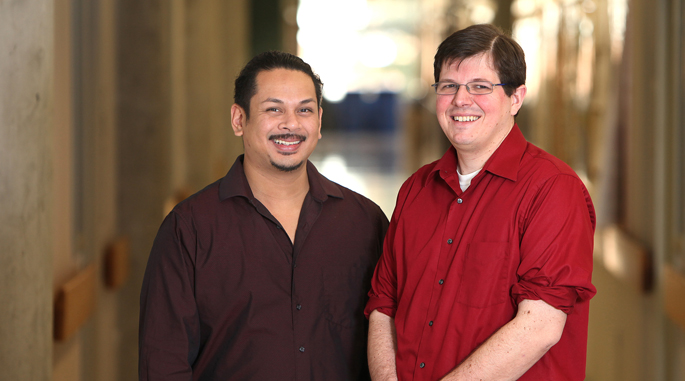
Antibacterial protein’s molecular workings revealed
Vanderbilt investigators report new insights to the workings of calprotectin, an immune system protein that “starves” bacterial pathogens of the metal nutrients they require. Read MoreFeb 21, 2013
-
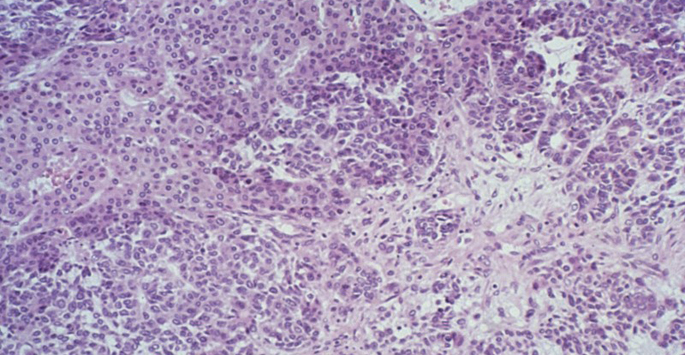
Factor CITED in pediatric liver cancer
Vanderbilt researchers report that they have found a factor involved in the persistence of embryonic cells implicated in childhood liver cancer. Read MoreFeb 20, 2013
-

Mad as a Hatter: Global efforts to reduce mercury emissions
Last month representatives of more than 140 countries agreed to the terms of a treaty called the Minamata Convention that would ban many uses of mercury by 2020. But the efforts do not go far enough, says Vanderbilt pharmacologist Michael Aschner. Read MoreFeb 18, 2013
-
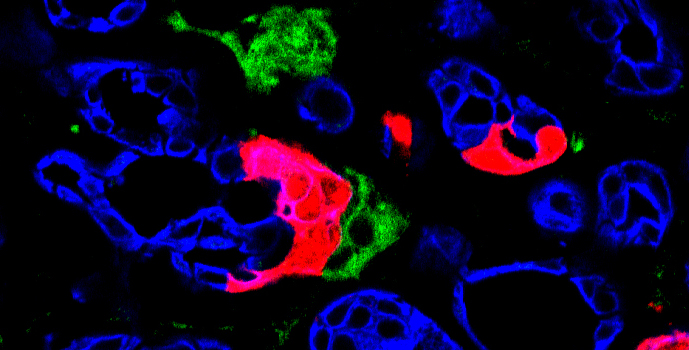
Pancreas cells full of potential
Adult cells in the pancreas can return to a less mature state – and then become a different cell type, like the beta cells that secrete insulin. Read MoreFeb 18, 2013
-
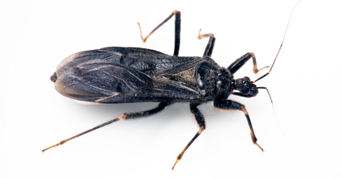
Cure in sight for kissing bug’s bite
It’s possible to cure Chagas disease – a deadly tropical infection transmitted by “kissing bugs” – in a mouse model. Read MoreFeb 15, 2013
-

Cell connections key in valve disease
A protein that connects cells together participates in the calcification that occurs in heart valve disease. Read MoreFeb 14, 2013
-
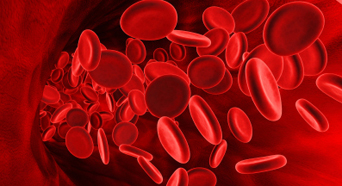
Linking oxygen, iron and red blood cells
The HIF oxygen-sensing pathway and its responses to low oxygen may be targeted for treatments of anemia and disorders of iron balance. Read MoreFeb 6, 2013
-
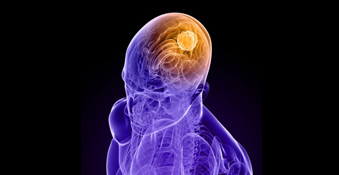
Brain tumor TIP reveals new target
The protein TIP-1 appears to be a novel prognostic marker for glioblastoma and may be a good therapeutic target for disrupting tumor-driven blood vessel development. Read MoreFeb 4, 2013
-
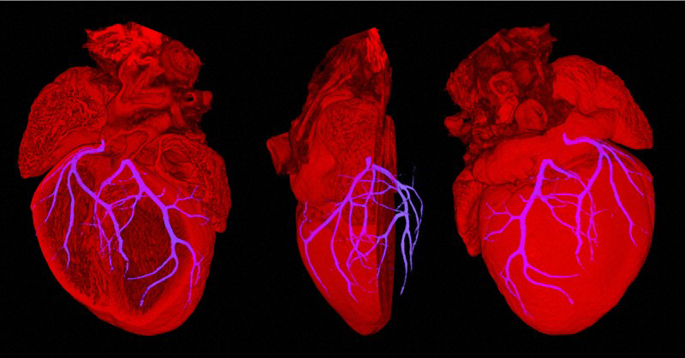
Cell source of heart’s blood vessels
An unexpected group of cells generates the coronary arteries and may be useful for regeneration therapies following injury to the heart. Read MoreFeb 1, 2013
-
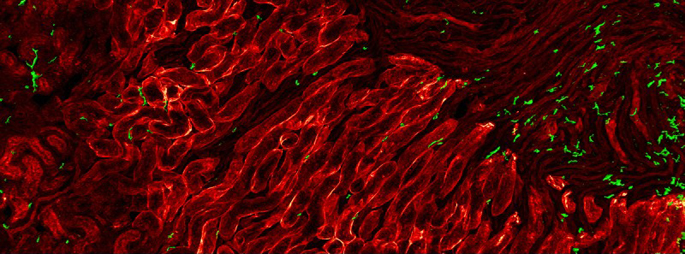
Do-it-yourself repair in the kidney
The kidney can mediate its own repair through proliferation of resident immune system cells. Read MoreJan 31, 2013
-

New view of DNA processing ‘hub’
Structural studies reveal a new framework for understanding a central player in DNA processing. Read MoreJan 23, 2013
-
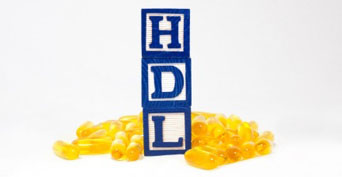
HDL cholesterol impaired in kidney disease
HDL cholesterol is impaired in patients with chronic kidney disease – and may increase their cardiovascular disease risk. Read MoreJan 21, 2013
-

Seeing light receptor’s interactions
Understanding how the main receptor for light interacts with other signaling molecules may inform new pharmaceutical development. Read MoreJan 18, 2013
-

Study helps define pancreatic cancer’s cellular origins
Vanderbilt and University of California investigators have discovered the “cell of origin” for pancreatic ductal adenocarcinoma, a finding that could lead to early detection methods and new treatments. Read MoreJan 17, 2013
-
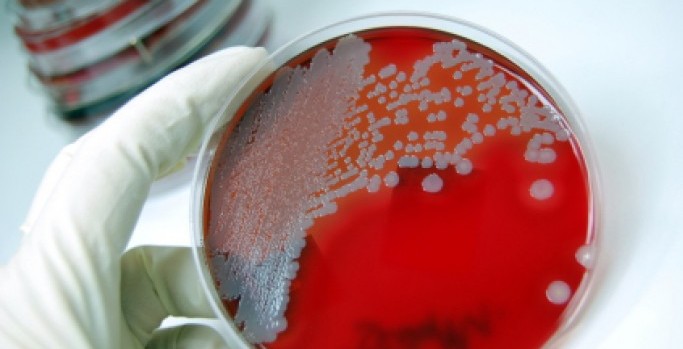
Zinc: a new antibiotic target?
It may be possible to fight hospital-acquired pathogens like Acinetobacter baumannii by targeting the bacterium’s need for the nutrient metal zinc. Read MoreJan 17, 2013